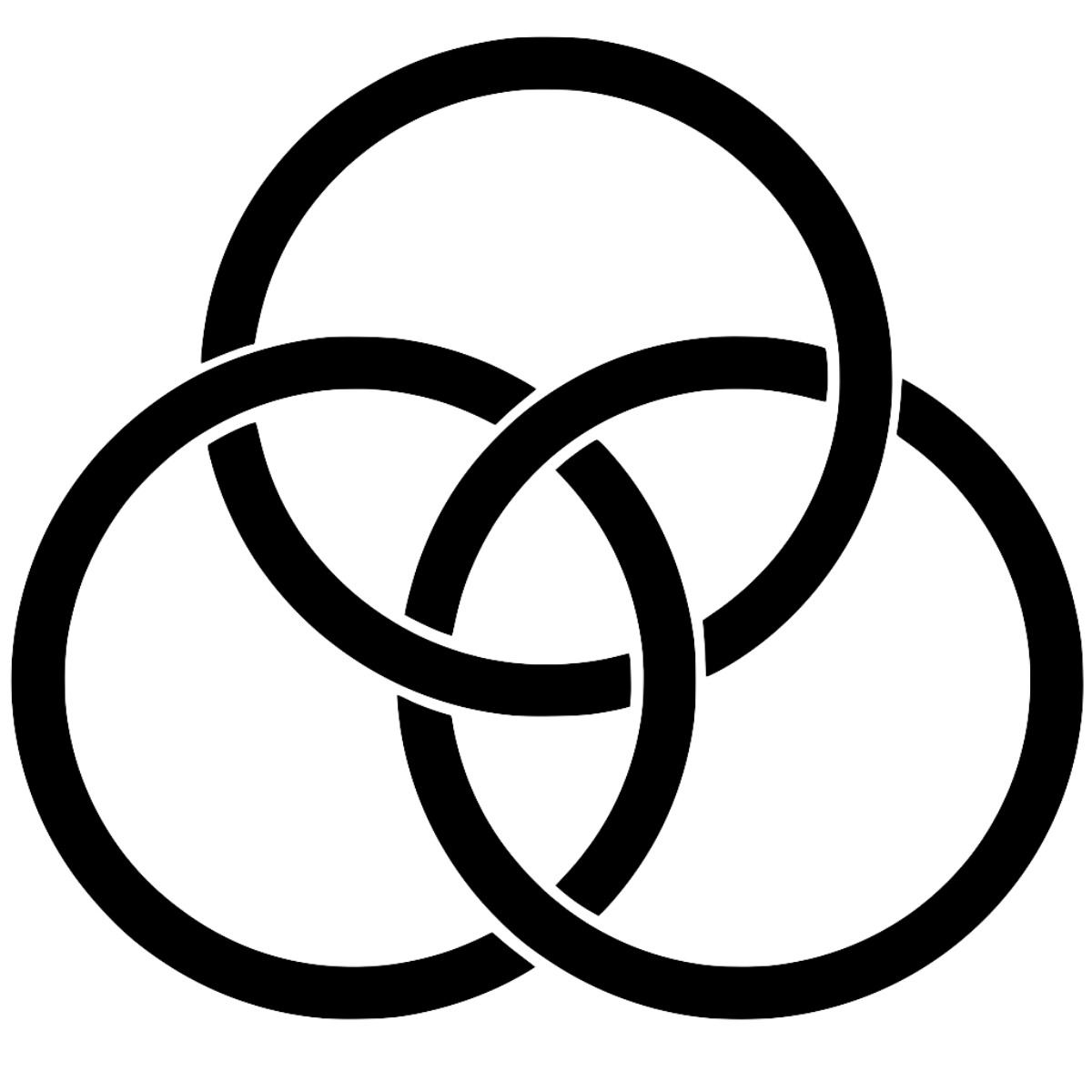Remarks on psychic causality
1946 (43 pp.)-PROPOS SUR LA CAUSALITE PSYCHIQUE (REMARKS ON PSYCHIC CAUSAUTY)-1947 This report opened the workshop organized by H. Ey at the Bonneval hospi�tal. Passionate, violent, shrewd, solidly constructed, it is a nice example of Lacan's rhetoric, as he had become a master in the "contest of speech." It is also the most complete presentation of this theses until 1953. First, he attacked H. Ey's "organo-dynamism." According to him, iJ was a mere return to the organicist conception of madness, and he opposed to it his "psychogenesis" in a definitively radicalized version: "Madness is en�tirely experienced in the register of meaning." The debate was thus placed under the sign of a strict alternative. Was it psychoanalysis against psychiatry, then? No, because Lacan violently expressed his contempt for "the psycho�analytical seraglio" that does not dare "to consider as obsolete what indeed is in the works of a master who has no equal." In fact, a first essential change was taking place here: in order to create a "scientific psychology," questions needed to be raised in terms of truth and not of reality. A plague on pragmatism, and long live philosophy; hence the "return to Descartes" and the appeal to Hegel, Heidegger, and Merleau�Ponty. The trilogy Knowledge/Scienceffruth took on increasing importance. As for psychology, it became "the domain of the insane." Whether in terms of language or of identifications, madness was the royal path leading to the knowledge of "the very being of man." A number of famous concrete analy�ses fit into this context: the word rideau (languagellie/truth); Alceste, as la belle ame (the paranoiac ego as the structural model of the human ego). Ul�timately, however, the father aQd his "categorical imperative" emerged as saviors of all categories. Obviously, H. Ey was shocked. What is embarrassing for readers is rec�onciling this paper with the one that follows, on English psychiatry, La Psy�chiatrie anglaise: both texts were published in the same issue of the same journal.
